Sneak peek: Disney princess culture has become a mainstay of young children’s playtime, but how does it influence our kids’ understanding of gender-stereotypical behavior?
A research study about Disney princesses? Now, this is research we can really use in our daily lives as parents. As a mom of boys, I have secretly been relieved that I didn’t have to go through the “princess phase.” But wait! This research discusses boys too. Let’s take a closer look at the potential impact of Disney toys on children’s development.
The study involved 198 preschool-age children and examined their exposure to Disney princess media and toys. The researchers then considered whether there was a relationship between exposure to Disney princess items and gender-stereotyped behavior.
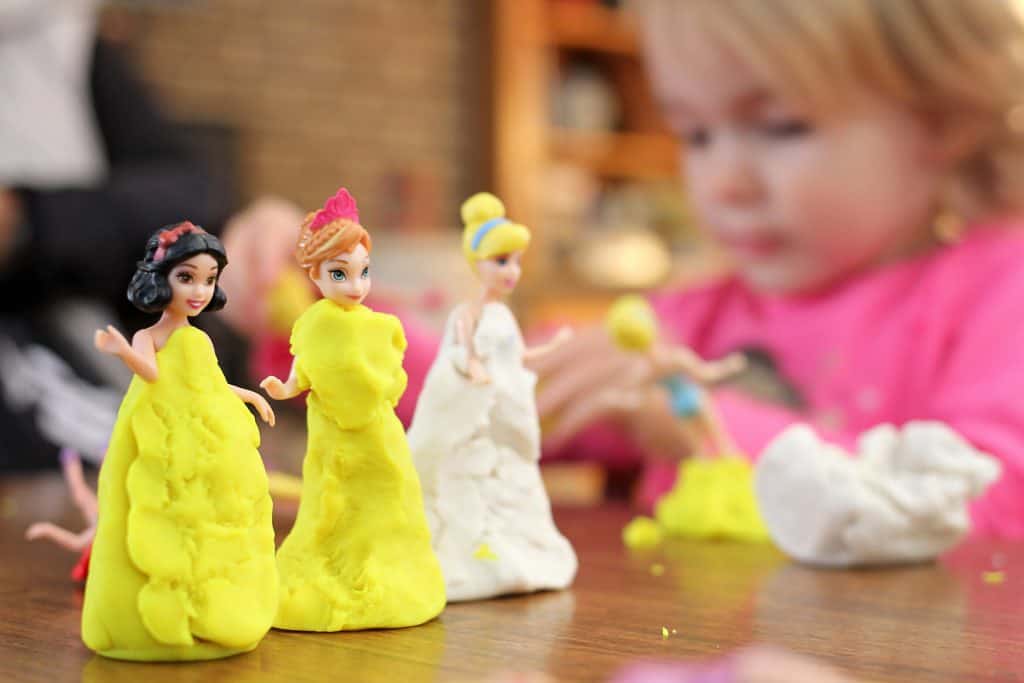
From this study, it looks like the princess culture does seem to have some influence on girls’ and boys’ behavior. The more girls and boys interacted with princesses, the more likely they were to exhibit female gender-stereotypical behavior a year later. So this means girls acted in more traditional female ways, such as avoiding getting dirty or taking risks. Boys with more exposure to Disney princess culture also acted in more gender-stereotypically feminine ways, such as being more prosocial in their behavior. Of course, the impact on boys was less dramatic because they had less interaction with princess items.
If you have a daughter of preschool age, this is probably the study you have been waiting for for years. I think most of us parents have wondered if all the princess-saturated media and toys actually have an impact on kids, particularly girls. While this study doesn’t prove a cause-and-effect relationship, it does imply that Disney princess culture may influence how our kids (particularly girls) understand and model gendered behavior.
Related Reading: Gift Guide for Raising Kids Who Care
Here’s a wonderful commentary by one of the researchers:
Does Princess Culture Lead to Gendered Values?
Of course, the irony of this study is that what we in our American culture value in one gender is not what we value in the other. Culturally, we try to encourage girls to think outside the “girly” box. Many parents want their girls to take more risks and avoid falling into the stereotypical passive female role. While hypermasculinity still reigns, we as parents try to foster a softer, more caring boy mindset.
So it seems that while the princess culture represents what we want girls to avoid, it illustrates the gentler side we want boys to develop.
What is a parent to do? Ban all Disney princess items from your home? As in all things parenting, moderation is usually the key. It’s helpful for kids to play with a variety of toys and crafts, not just character-themed items.
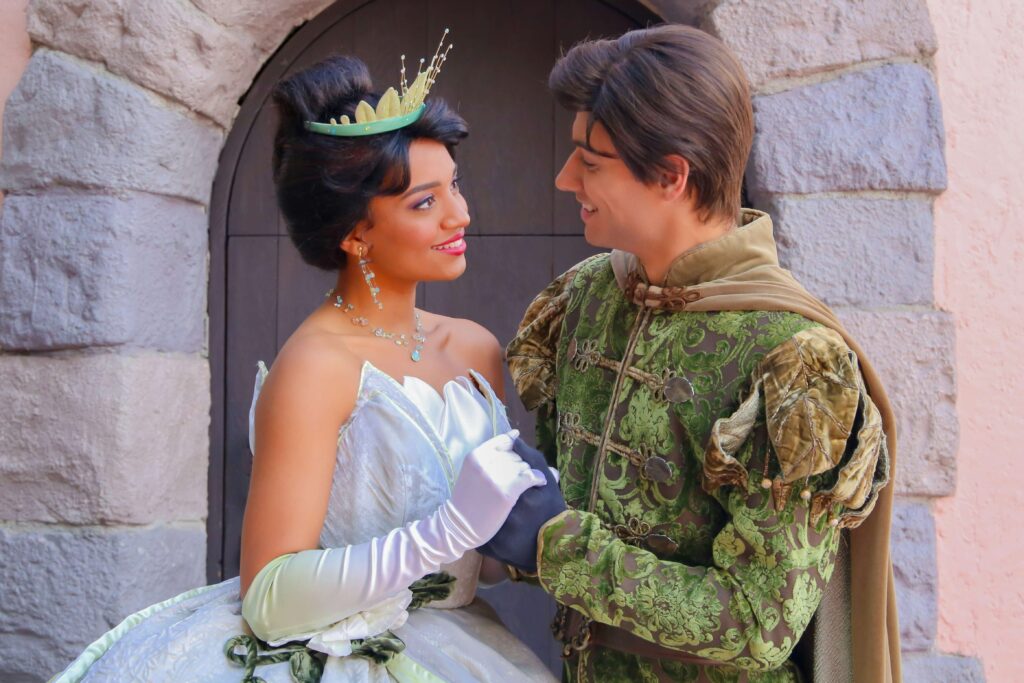
I also think it’s crucial to really understand your child’s unique personality. Was your daughter a “girly girl” from the start, or did you see an increase in female-stereotyped behaviors as she was exposed to more princess culture? Does she seem to copy the poses or behavior of princesses in a way that you don’t want to support?
Ask her what characteristics of the princesses she really likes? Is it just their appearance or something else about them? The same could be said for boys. Is your son really bought into the hyper-masculine “tough guy” role, or did this increase as he was exposed to more media that supported this role?
Related reading: The Developmental Benefits of Dress-Up Play
As KJ Dell’Antonia smartly points out in her New York Times article, it might be helpful to point out to girls the characteristics of princesses that do not conform to the gender stereotype. For example, illustrate how some of the princesses are very active in deciding their own fate, or how they use their intelligence to get out of a difficult situation.
The Bigger Picture of Princess Culture
One aspect of the princess culture that this study did not particularly address is the emphasis on appearance and the sometimes sexualized behavior of princess characters that are seen. While these aspects are sort of wrapped up in the overall princess culture, it would be interesting to see if these particular characteristics were adopted more by girls who have a lot of princess interaction.
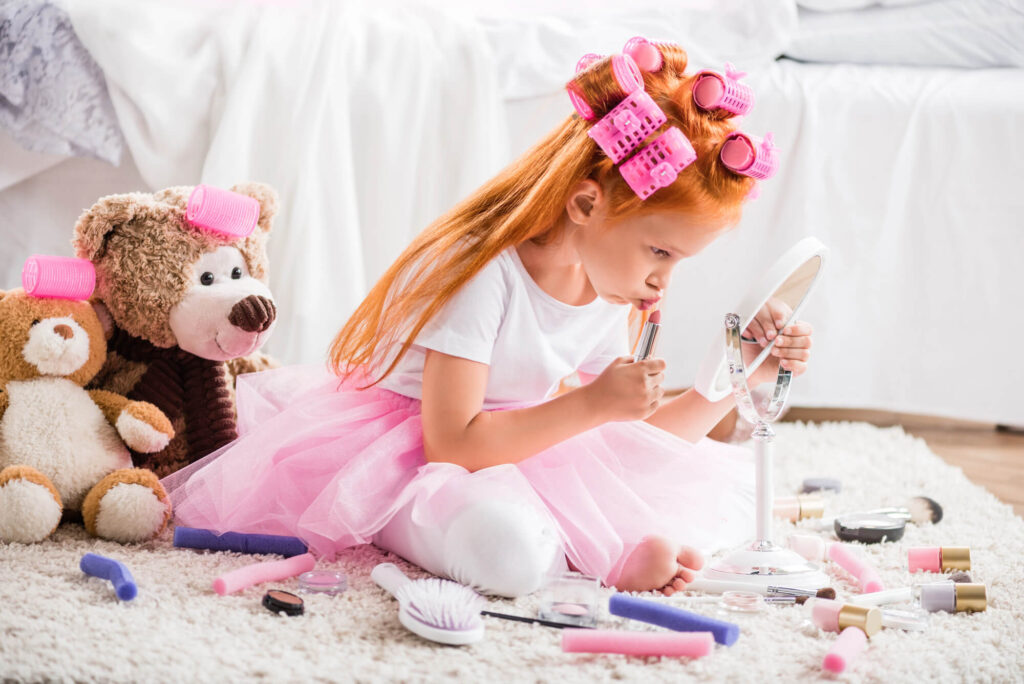
I think most parents would not want to support media or toys that put forth the image of women being valued only for their appearance. This, I think, could be the rallying point for parents of both boys and girls. I think most of us would agree that our adult culture emphasizes appearance and sexualization enough already and that our children, both girls and boys, do not need to be inculcated into a culture of devaluing women at a young age.
Related Resources:
Perfect for Pinning:
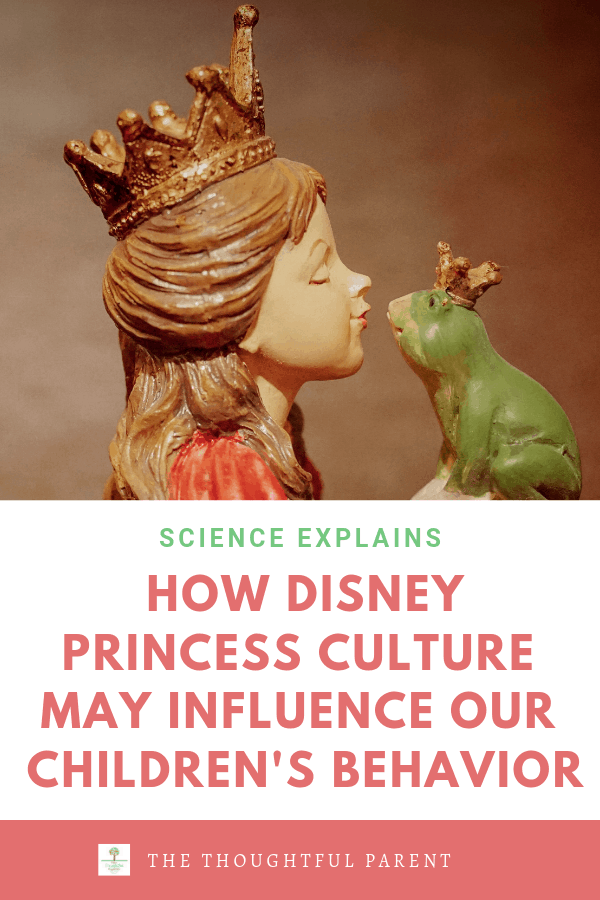


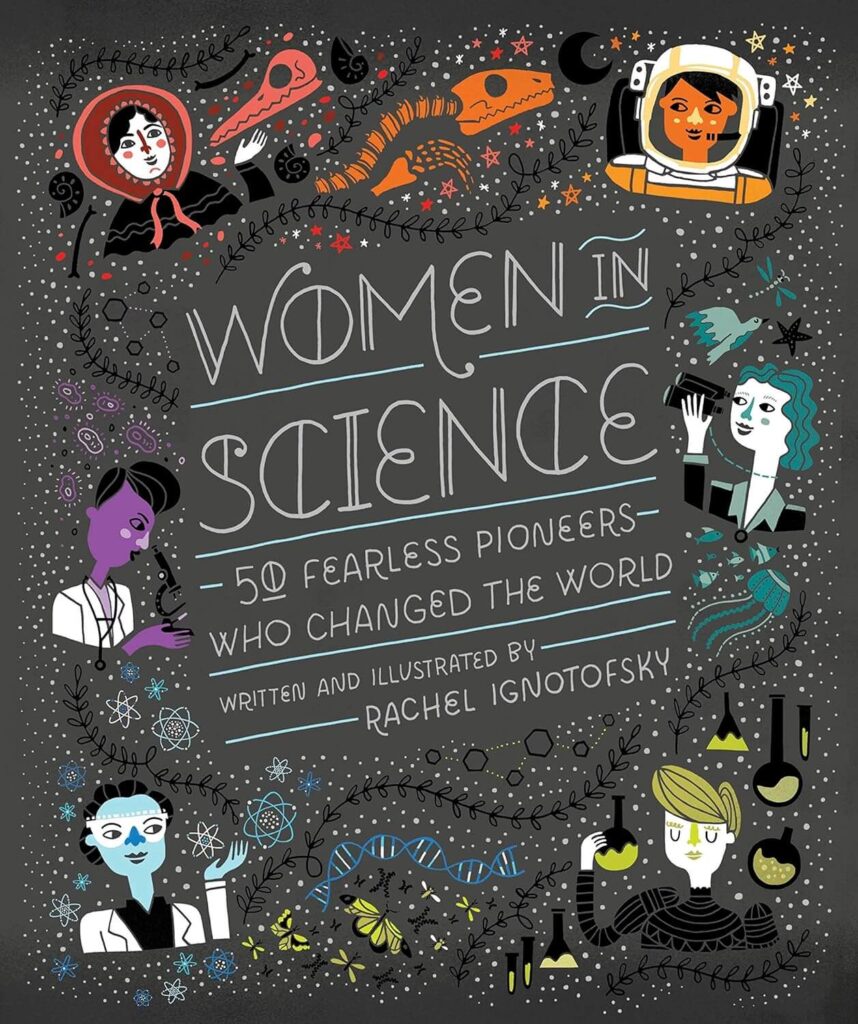
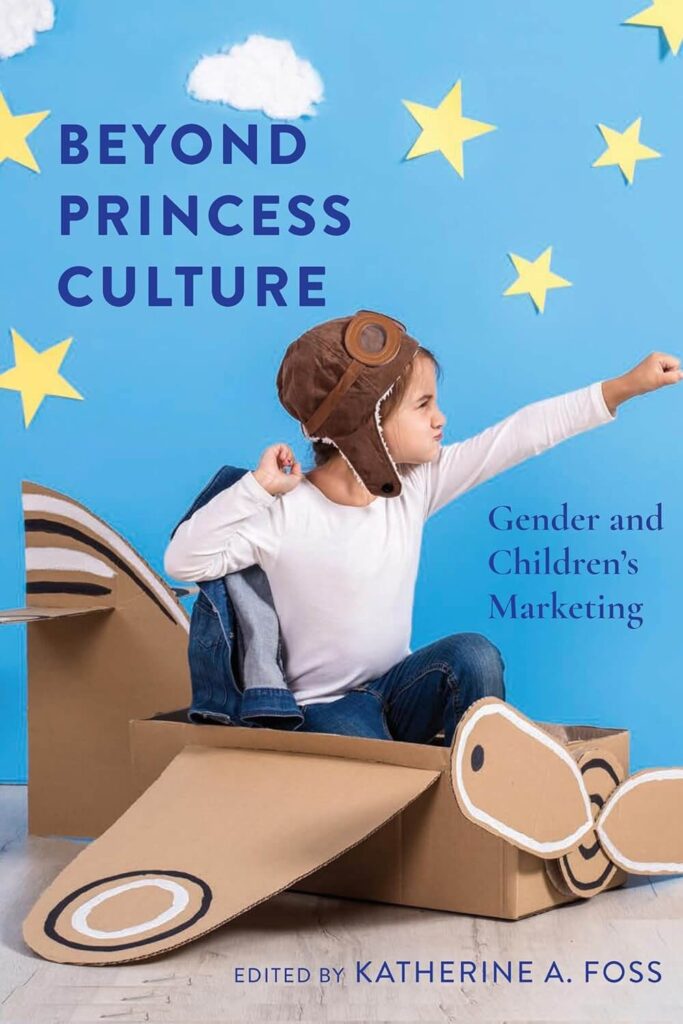
Leave a Reply